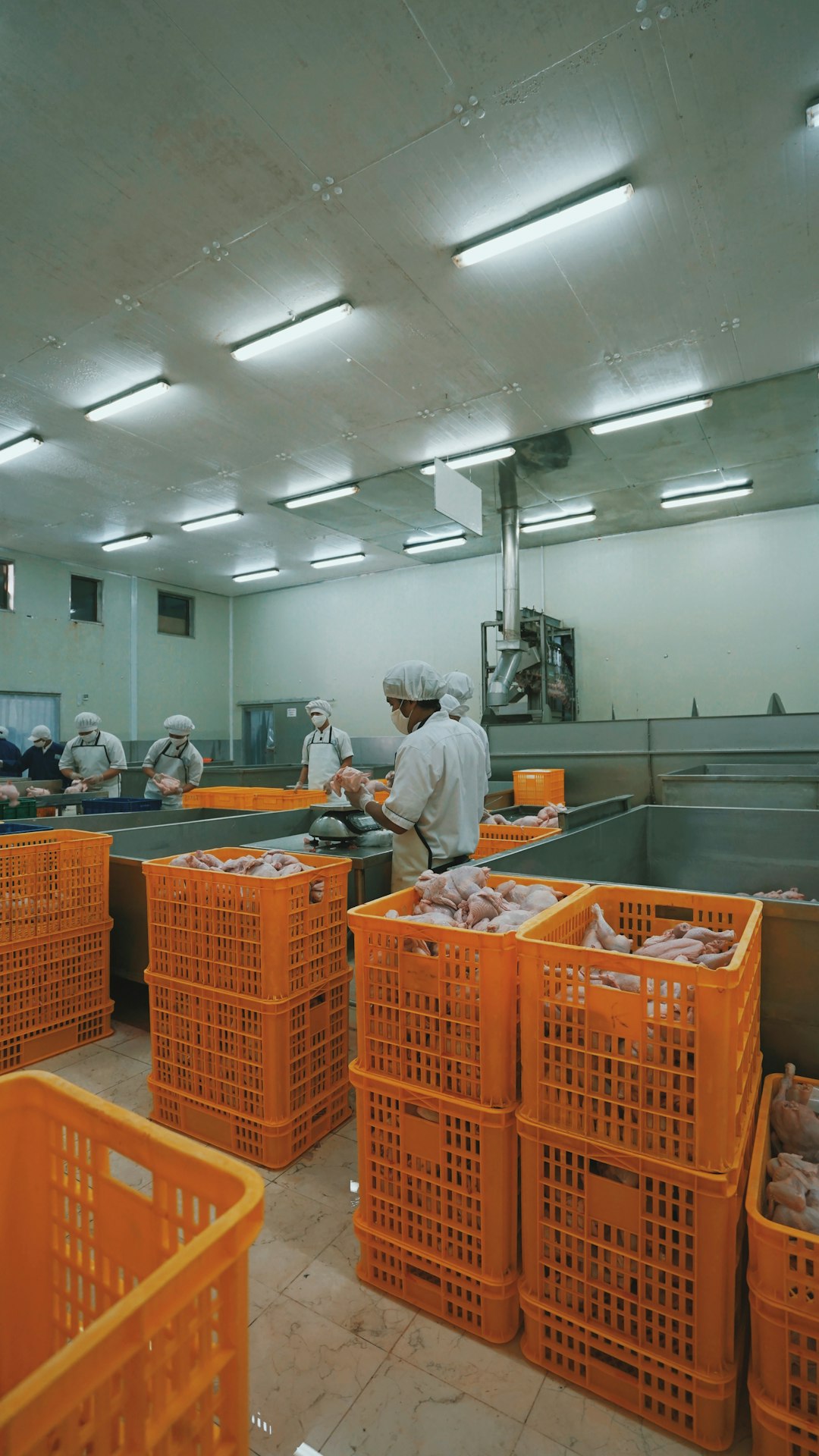Navigating Global Trade Policies: Implications for the Manufacturing Industry
In today’s interconnected world, global trade policies play a significant role in shaping the operations and growth of industries worldwide. The manufacturing industry, known for its reliance on international supply chains and markets, is particularly affected by these policies. As governments around the world constantly modify and adapt their trade strategies, manufacturers must closely monitor these developments to effectively navigate the global marketplace.
Global trade policies, such as tariffs, quotas, and regulations, are implemented with the aim of protecting domestic industries, promoting economic growth, and addressing geopolitical concerns. However, they can often have unintended consequences for the manufacturing sector. Here, we will explore the implications of global trade policies on the manufacturing industry, highlighting the challenges and opportunities involved.
One of the most apparent consequences of trade policies is an increase in manufacturing costs. Tariffs and quotas on imported raw materials or finished products can significantly impact the profitability of manufacturers that rely on these inputs. Higher costs may lead to decreased competitiveness in the global market, forcing manufacturers to increase prices or seek alternative suppliers.
Moreover, trade policies can disrupt global supply chains. The manufacturing industry heavily relies on the availability and reliability of inputs from different countries. When trade policies restrict the flow of goods and services, manufacturers face supply chain disruptions, which can lead to production delays and higher costs. Managing such disruptions requires manufacturers to explore new markets, diversify suppliers, and invest in technologies that enhance supply chain resilience.
Trade policies also influence the decision-making process for manufacturers regarding their production location. Governments may implement policies to attract foreign investment, such as tax incentives or infrastructure development. Conversely, protectionist policies may discourage manufacturers from establishing operations in specific countries. As a result, governments’ trade policies shape the geographic distribution of manufacturing activities, influencing employment, economic development, and global competitiveness.
While trade policies present challenges, they also create opportunities for manufacturers. Governments often develop trade agreements that reduce barriers and facilitate market access. These agreements can expand export opportunities for manufacturers, enabling them to tap into new markets. As a result, manufacturers can diversify their customer base and reduce their dependence on a single market, enhancing their long-term sustainability.
Furthermore, trade policies can drive innovation within the manufacturing industry. By offering incentives or subsidies, governments encourage manufacturers to invest in research and development, technological advancements, and sustainable practices. This promotes the emergence of new manufacturing technologies, leading to enhanced productivity, efficiency, and competitiveness.
In order to effectively navigate the evolving landscape of global trade policies, manufacturers must stay informed and proactive. They need to closely monitor policy changes, both domestically and internationally, and assess the potential impacts on their operations and supply chains. Collaboration with industry associations and government bodies can provide valuable insights and influence policy development to align with manufacturers’ interests.
Manufacturers should also invest in strategies to mitigate risks associated with trade policies. This includes diversifying supply chains, seeking alternative markets, and exploring new technologies that enhance agility and resilience. Additionally, manufacturers can leverage trade agreements and partnerships to expand their global reach and mitigate the negative impacts of protectionist policies.
In conclusion, global trade policies have wide-ranging implications for the manufacturing industry. While they may introduce challenges such as increased costs and supply chain disruptions, they also create opportunities for market diversification, innovation, and growth. Successful navigation of these policies requires manufacturers to adapt their strategies, invest in resilience, and collaborate with industry stakeholders. By doing so, manufacturers can position themselves to thrive in an ever-changing global trade landscape.

